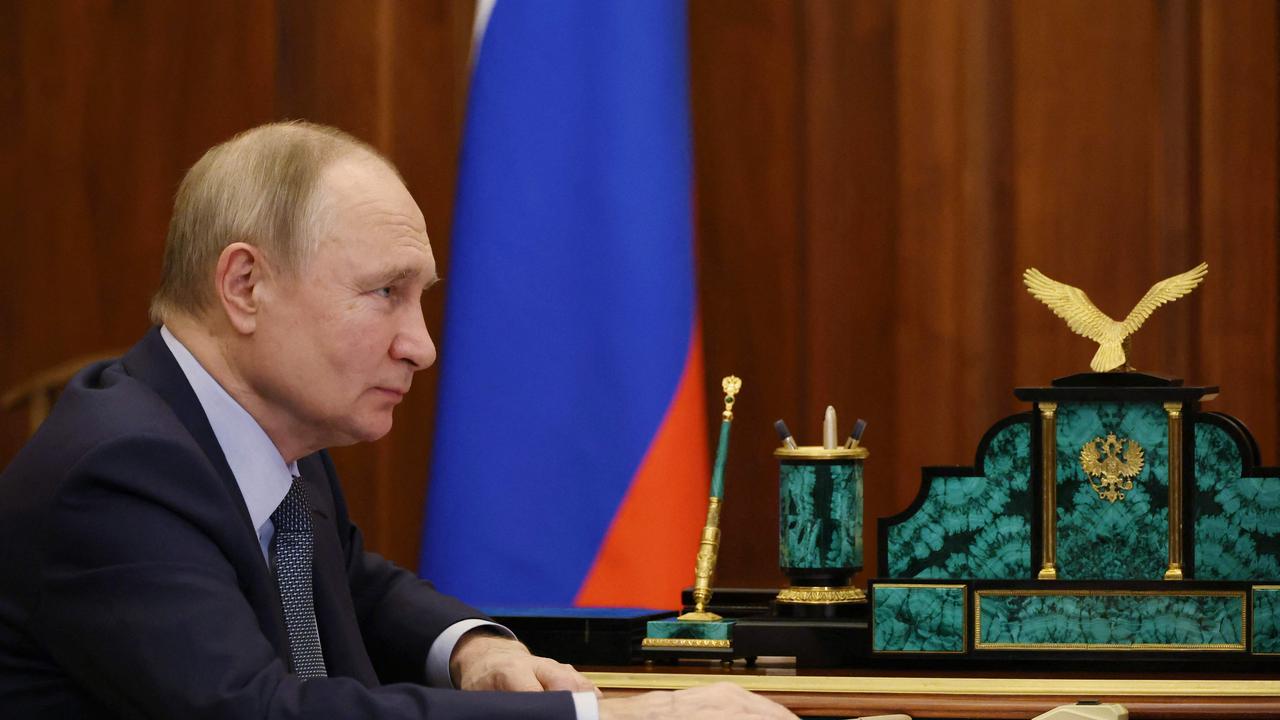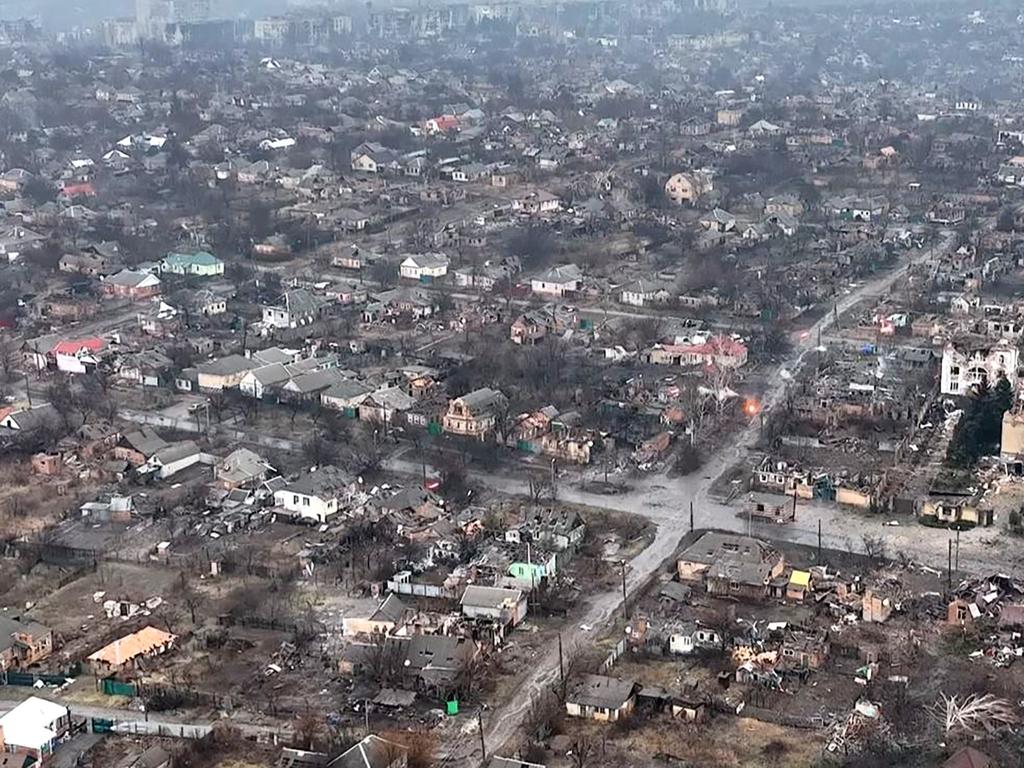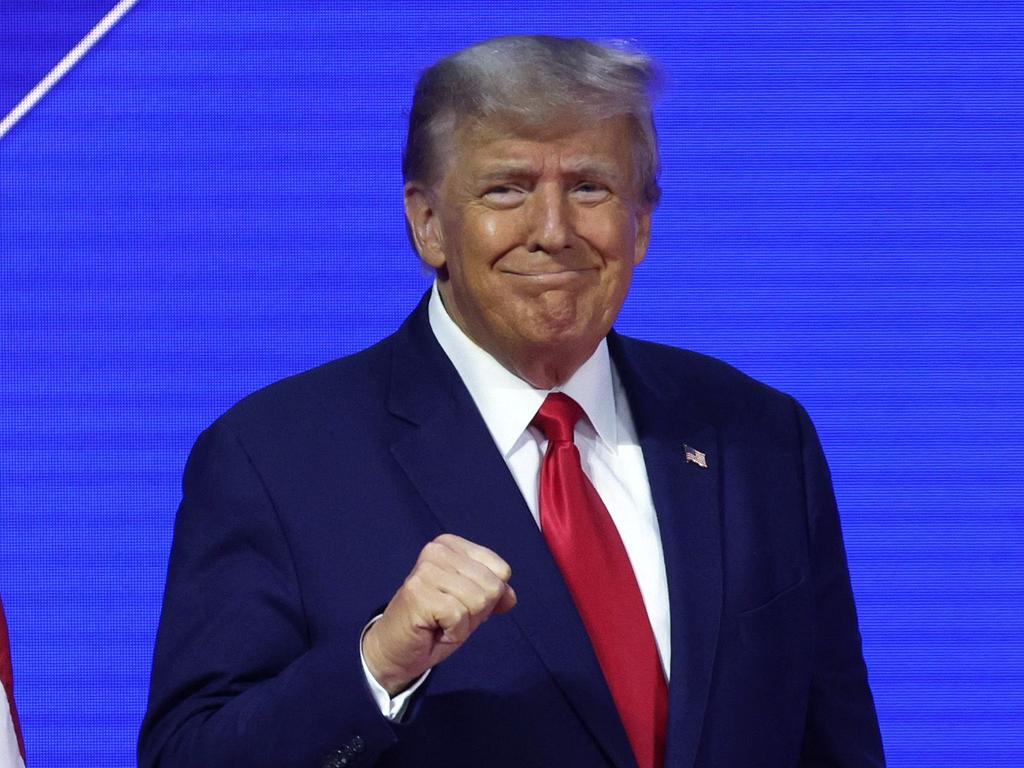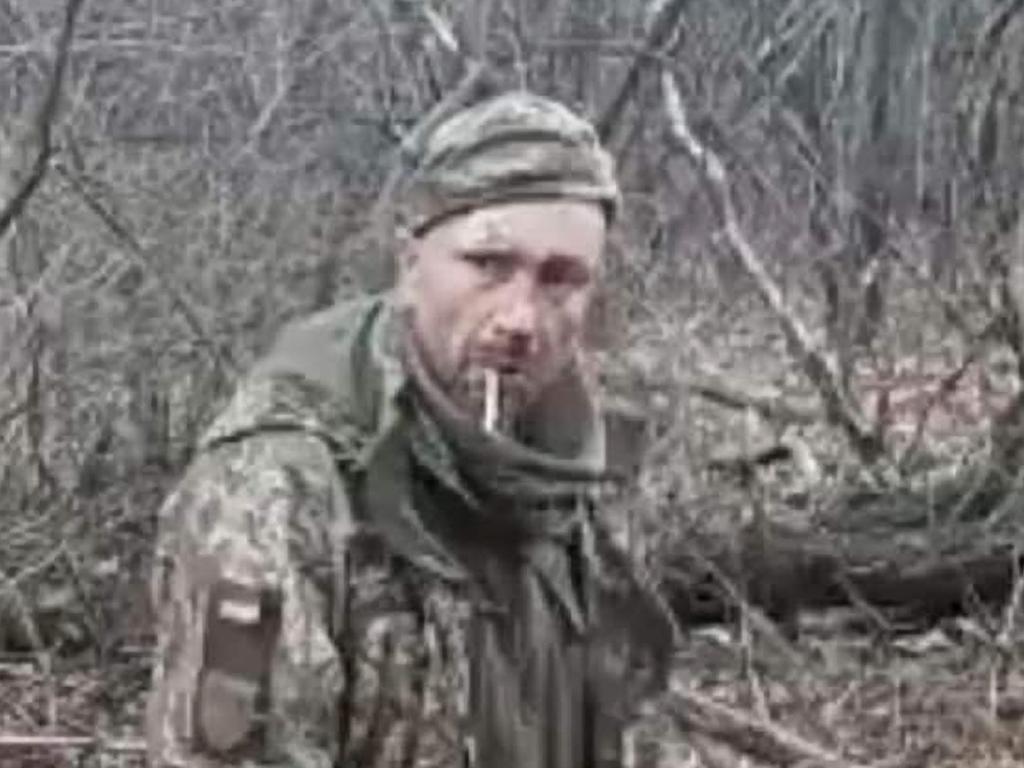NATO alliance not without blame in Putin’s bloody war

This question arises as the fighting assumes even fiercer proportions, particularly in and around the city of Bakhmut, which effectively has been turned into a wasteland. And it will remain a wasteland, whether it is ultimately retained by the Ukrainians or captured by the Russians.
It is important to remember that this is now in many ways a conflict between Russia and the US, with Ukrainian troops doing the fighting and the US and its Western allies supplying the arms and the money. Those Western allies include Britain, Australia and the EU, although there are varying degrees of enthusiasm among the 27 members of the EU.

Russia is broadly supported by China, although seemingly with real reservations, reflecting the long-held suspicions each has of the other. The rest of the world is largely uninterested in the conflict and so effectively neutral. Many of these countries are prepared to support UN resolutions condemning the Russian invasion but that would seem to be the limit of their involvement.
It is easy – and, of course, essentially right – to say Vladimir Putin’s aggression should not be rewarded and that the only just result of the war is a Ukrainian victory. But it is not 1945 and Russia is not Germany. It will not be occupied and Moscow will not be razed.
It may be, therefore, that in a final settlement Russia remains in possession of Crimea, which in any event was part of Russia for centuries, and some areas in the southeast of Ukraine that have been the subject of dispute between the two countries for decades.
It is hardly popular – or even perhaps useful – to say this is a war that probably could have been avoided. The extension of NATO to the Russian borders in the late 1990s and early 2000s provoked at the time the warnings of the American diplomat with most experience of Russia, George Kennan, who said “expanding NATO would be the most fateful error of American policy in the entire post-Cold War era”.

This may have seemed a somewhat apocalyptic pronouncement when made in 1997 but it turned out to be prophetic. Even more significant, however, in the lead-up to the war was the removal of the elected Ukrainian government in 2014 with considerable moral and financial support for this exercise from the US. Arguably this resulted in a conclusion by Putin that he was not prepared to tolerate a regime hostile to Russia on his immediate borders.
Many in the West would respond that it is none of Russia’s business who governs Ukraine – even if they were effectively installed by the Americans – and if Ukraine wishes to join NATO, that is none of Russia’s business either. But this overlooks the reality that Russia is still a major power, although not as great a power as the US or China, and so can be expected to maintain a sphere of influence in the areas adjacent to its borders. It would be a hard thing for Ukraine’s most fervent supporters in the West to accept but, by reason of its location, it may not have the same freedom to choose its governments and its alliances as some countries in other parts of the world.

There are some analogies in the current conflict with the Vietnam War, except in this instance the Americans are relying entirely on local forces and have not put any of their own troops on the ground.
But one similarity is that the political constraints under which the Americans and their allies are operating almost certainly preclude any kind of total victory.
If Russian territory cannot be invaded or bombed – and if the use of nuclear weapons has been ruled out – it is hard to see how the war can end in anything but some kind of stalemate. In this sense the conflict bears more resemblance to the Great War in 1916 than to World War II in 1945. It is true the Germans eventually were defeated in the Great War in 1918 but the contest was much closer than it appears in retrospect and it took more than four years for the British Empire, France and finally the US to wear the Germans down.
If Ukraine maintains its position that none of the disputed territory in the southeast can be ceded to the Russians and that even Crimea must be returned, the US and its allies will have to make a decision as to whether they continue their military and financial support for Ukraine on this basis.
So far they have adopted the public stance that it is up to the Ukrainians to decide on any terms of settlement and there will be no pressure from the West on these questions. If, however, there is still a stalemate in six months – or in 12 months – the choices for Ukraine and the West may be much more difficult ones.
Michael Sexton’s latest book is Dissenting Opinions.







Is there any long-term solution to the war in Ukraine?